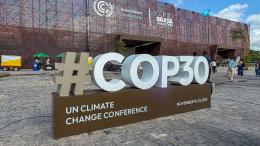UNU-MERIT PhD fellow Maria Tomai will soon be completing her full-time PhD journey and preparing for the next chapter in her career. In this interview, she describes the lessons, tools and personal growth she has gained during her years at our institute.
What is your thesis about and what were your reasons for choosing to study this particular topic?
In my thesis, titled 'Pathways Towards Circular & Sustainable Economies in Developing Countries: A Socio-Technical Systems Analysis in Ghana', I explore how countries in the Global South can reimagine the organisation of their production and consumption systems and how they can change them in ways that allow value—economic, social, and environmental—to be retained and amplified. This endeavour aligns with what is often described in the academic literature as 'sustainability transitions'.
The foundation of this research came from a profound curiosity seeded already in my childhood. Growing up in a traditional Greek family with no direct ties to academia, my world was shaped by my parents' simple yet meaningful gestures. My father, a car mechanic, and my mother, a housewife, provided the stability and support that allowed me to dream, question and explore. My mother, with her inquisitive spirit, would occasionally leave newsletters and brochures from organizations such as Doctors Without Borders or wildlife conservation organizations on my desk. Her quiet encouragement triggered a spark in me, a desire to somehow become involved in activities around development and environmental sustainability.
This passion found direction when I met my supervisor, UNU-MERIT Professorial Fellow Shyama Ramani. Her mentorship turned my unstructured curiosity into actionable research. In 2018, Prof. Ramani gave me the opportunity to visit Ghana for six weeks, to conduct a niche research project. During my time there, I immersed myself in the field, collaborating with a government research institute in Accra. This experience was transformative. It was at that time when I first conceived the idea for my research topic and where my commitment to pursuing PhD research truly took root.
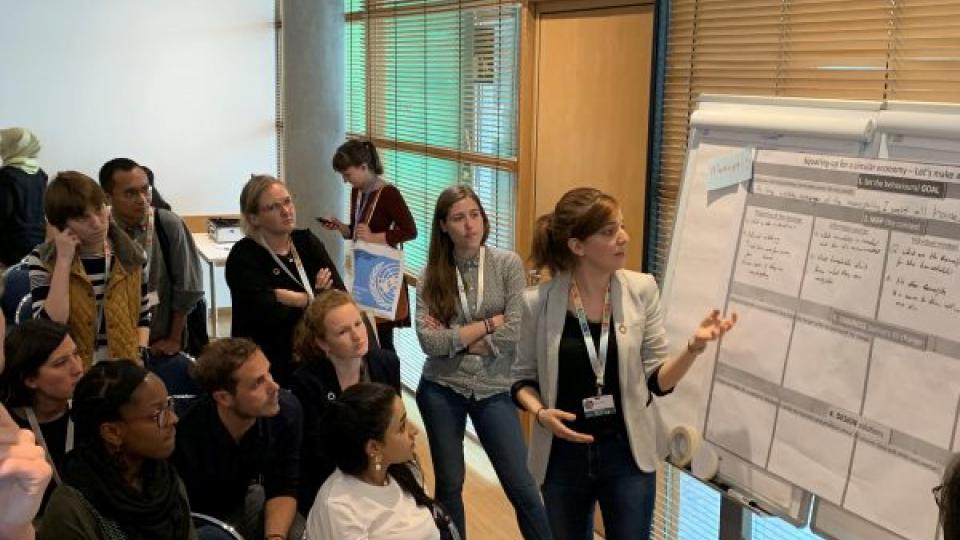
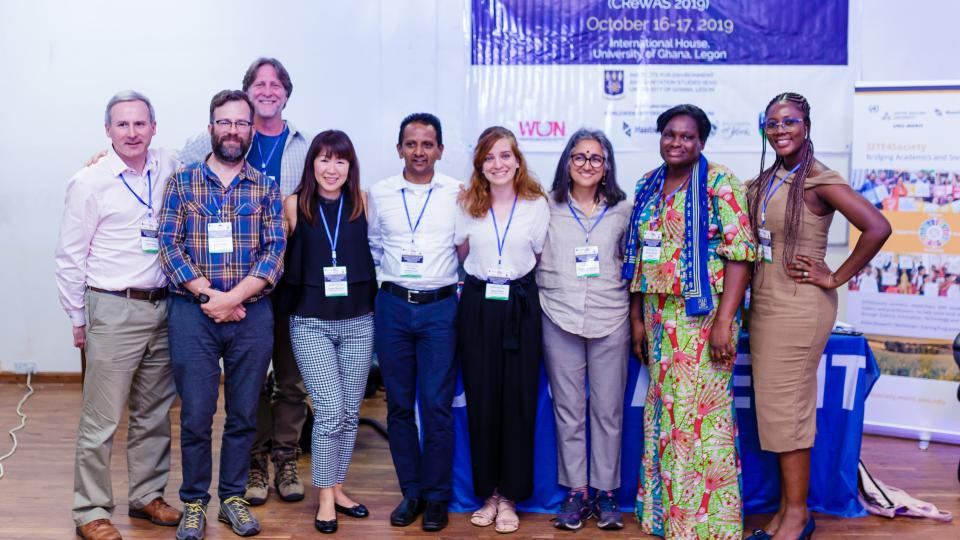
Living and working in Ghana for that short time, one thing became quickly apparent to me: if there is a chance for economies to grow in ways that will not harm present and future generations, change should start from within, focusing on issues that matter deeply to the people affected.
One of the most pressing issues in many countries across the Global South, including Ghana, is the challenge of managing waste—a direct byproduct of unsustainable production and consumption patterns. While discussing waste in an academic setting might seem unglamorous, for me it was the perfect opportunity - a way to show how a critical system like this, if fails to operate sustainably, can have a profound and immense impact on people’s lives and the environment. At the same time, transforming such a critical system can also serve as a catalyst for broader systemic change. Demonstrating the potential of sustainable transitions within the waste management system allows us to pave the way for other types of systems to change towards more sustainable operations.
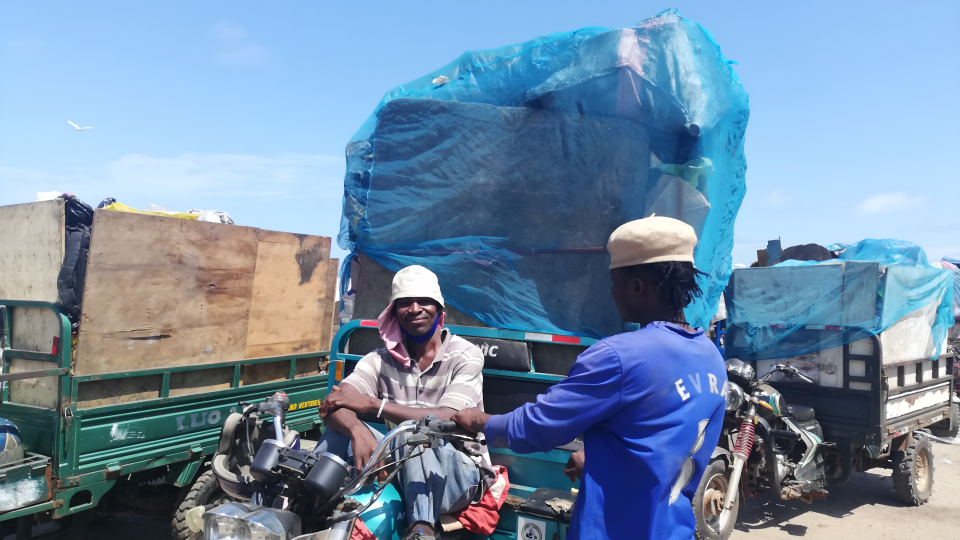
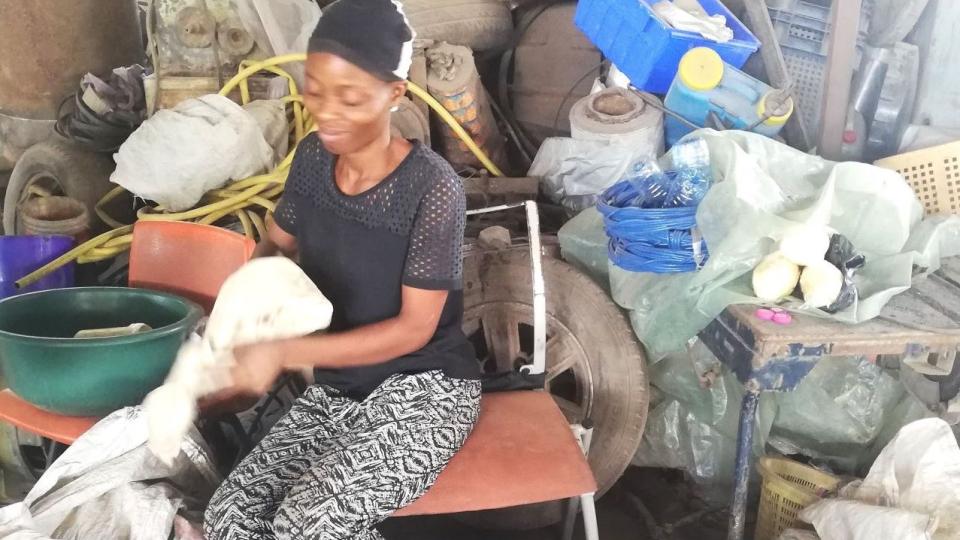
During your research, what was one of the most surprising things you learned?
Before starting my PhD, I was skeptical about the impact that we as individual researchers could make. Would our findings matter? Could we really inspire change? Over the course of my PhD, I discovered that the answer is yes—we can, and we do. Along the way, I also came to realize the wealth of tools and opportunities that a stimulating academic environment, like the one at UNU-MERIT, provides to empower researchers on so many levels.
These tools certainly include the obvious ones, such as publications, policy briefs, conferences where we present our work, and the lectures and teaching opportunities we engage in. But they extend far beyond that. Being part of UNU-MERIT means interacting with a vibrant community of highly knowledgeable, dedicated, and intelligent individuals. Regardless of their discipline or backgrounds, this community creates a fertile environment for researchers to learn, become inspired and grow. Additionally, we are given numerous platforms to share our work and communicate ideas that matter to a wider audience. This blog, where I am sharing my journey with you, is one such example.
Another valuable lesson I learned is that in order to convince people of the importance of our work and the value of taking action, it’s not enough to simply present the problem and the scientific evidence for addressing it. One needs to guide them through the research process step by step, and, most importantly, show them not only how their actions might contribute to the problem but mostly how they can be part of the solution. That is what we call Action Research.
One example that always comes to mind when I discuss Action Research is the Green Academy Project, a small-scale environmental education experiment we carried out in Accra in 2021. This project involved the co-development and implementation of an innovative training program on Circular Economy and Sustainability, designed specifically for education officials, teachers and students. The Green Academy Project was born out of collaborations with civil society organizations and public institutions in Ghana, to address the pressing challenge of low levels of environmental education in the country, according to the local needs and realities on the ground. Led by Prof. Ramani, the programme reached over 1,000 school students in the region over the course of six months.
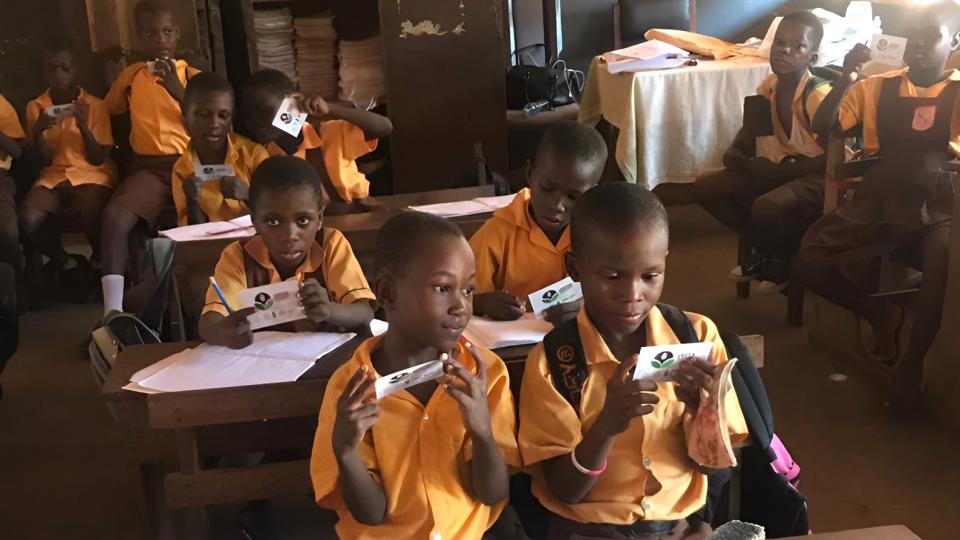
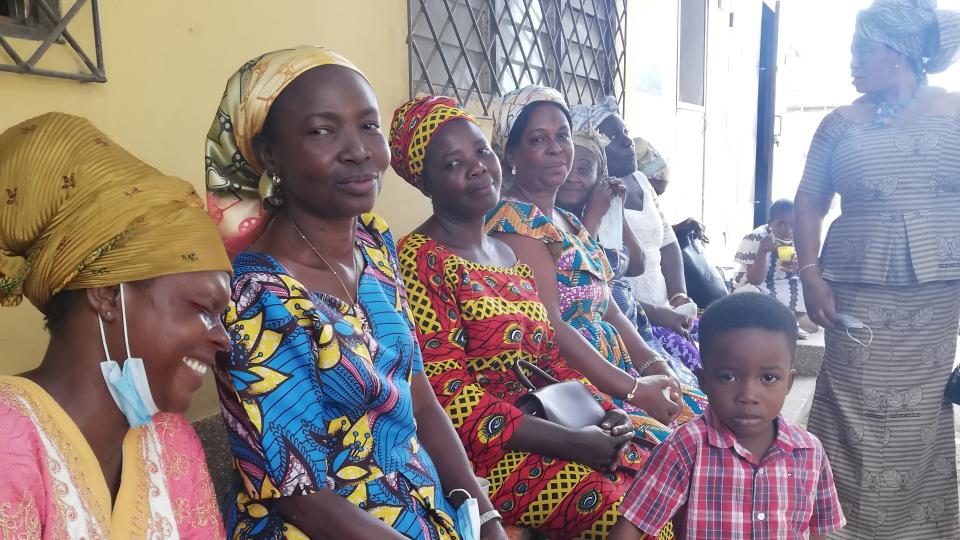
What have been some of the most rewarding or memorable moments of your PhD journey?
The fieldwork in Ghana remains one of the most rewarding aspects of my PhD journey. Over the years, I visited Ghana four times, and each time felt like returning home. The warmth and hospitality of the people I met, the way they made me feel protected and part of their community, is something I will always treasure. I know that going to the field to collect your own data can be quite challenging and demanding, both physically and mentality, so I consider myself lucky for having such a good experience overall.
Another memorable moment was a recent trip to São Paulo, Brazil a few months ago, where I participated in a summer school program on transdisciplinary research. As part of this program, we visited indigenous communities known as the Quilombolas in the Atlantic Forest. These communities, historically formed by people who resisted slavery, have developed unique ways of communal living while fiercely protecting their freedom, heritage and land. Listening to their stories about their fights against illegal land practices, urban encroachment and deforestation was profoundly moving.
What advice would you give to anyone thinking of pursuing a PhD at UNU-MERIT?
To anyone considering a PhD at UNU-MERIT, my first piece of advice is to be brave. Be ready to embrace the challenges and explore uncharted paths. Step beyond your comfort zone, both academically and personally. The journey is filled with incredible opportunities, but it’s the challenges that often lead to the most rewarding experiences.
Keep your door open—both literally and metaphorically. A simple “good morning” or casual conversation in the university corridors can spark inspiration or lead to new collaborations. While doing a PhD can be a very lonely process, engaging in collaborative projects, pursuing new ideas or just asking for help when it's needed, can be truly invaluable.
Most importantly, embrace the journey as a whole. A PhD journey is not just about intellectual development; it’s also about personal growth and transformation. Many valuable experiences have come my way beyond the thesis itself—whether it was participating in a practitioner’s workshop, advising an NGO around circular economy, mentoring students, or consulting with policymakers. These diverse experiences have enriched my journey in ways I never anticipated.
Being part of UNU-MERIT has been an immense privilege. It has not only advanced my research but also changed me as a person. Through this journey, I’ve come to understand that development is not just about policies or frameworks—it’s about the people behind them, driven by vision, dedication, and a shared commitment to meaningful change.
Finally, I'd like to share that this PhD journey has been transformative for me in every sense. It taught me to see challenges as opportunities, to collaborate across disciplines and cultures, and to persist even when the path seems uncertain. So for anyone looking to pursue a PhD, my advice in a nutshell is: be courageous, be curious, and be ready to grow in ways you never imagined.
Applications are now open to join our PhD programme on Innovation, Economics, Governance and Sustainable Development in September 2025!
Learn more about our PhD programme and the two different tracks of full-time and dual career (part-time) here.
The deadline to submit your application is 15 February 2025.

